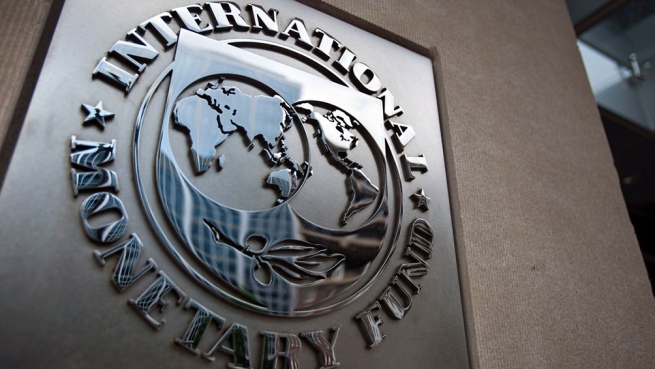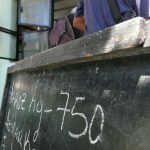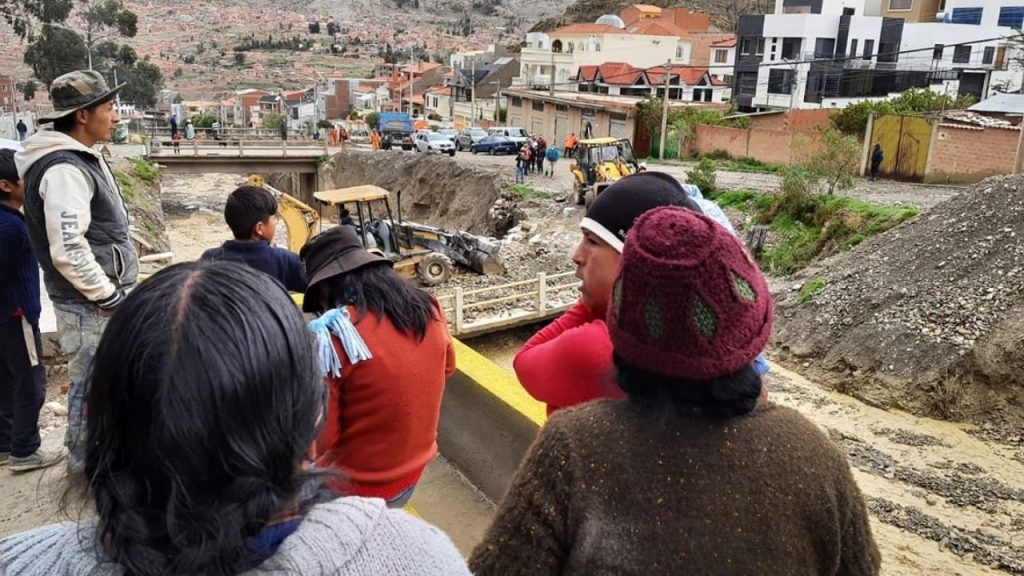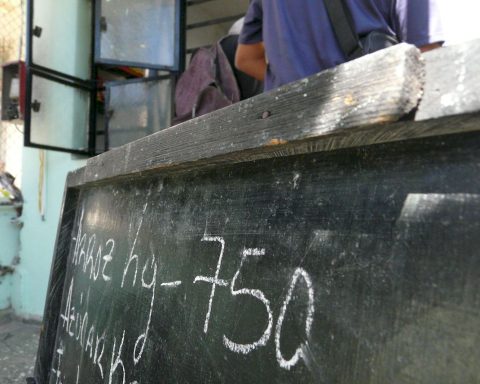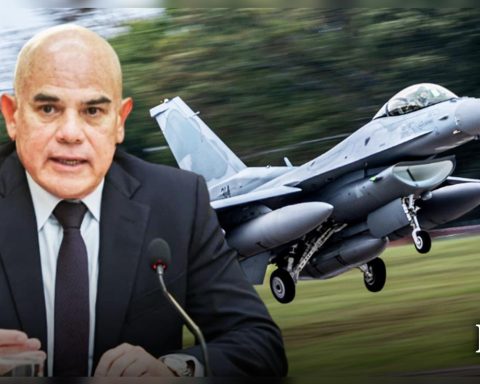The presidential spokeswoman, Gabriela Cerruti, said on Friday afternoon that the Government makes “a very good and very positive interpretation” about the statement released by the International Monetary Fund (IMF) of the meetings with the Argentine technical mission on the debt issue that took place this week.
“We are working along the same lines and they recognize a number of advances, such as the economic resuscitation of Argentina, the fiscal improvement that exists at the moment,” said Cerruti in contact with the press at the Casa Rosada.
In the published letter, the IMF requests broad national and international support for the program and admits that the inflation problem is multi-causal, recognizing at the same time that the recovery of production and investment in Argentina are stronger than expected.
The spokesperson also valued “how progress is being made on the issues in which they want to advance and the need for national and international support” for the renegotiation of the commitments.
Cerruti highlighted the global content of the “IMF statement on the technical meetings that have just been held” and that “the Minister (of Economy, Martín) Guzmán is going to expand on what the interpretation is.”
The recent manifestations of the IMF through the document
The International Monetary Fund said this Friday that “there was progress in the technical work” between the Argentine delegation and the organization’s team as part of their discussions to reach a program for the restructuring of the debt for US $ 45,000 million, after a week of talks.
“The teams analyzed recent economic developments and discussed Argentina’s growth, inflation, and balance of payments prospects,” the IMF said in a statement, in which it noted that “although more discussions will be needed, the IMF team and the Argentine authorities remain fully committed to their joint work. “
Progress was made in measures to develop the domestic capital market, strengthen the effectiveness of public spending and improve monetary policy operations
The IMF team, led by Julie Kozack, deputy director of the Western Hemisphere Department, and Luis Cubeddu, head of mission for Argentina, met from December 5 to 10 in Washington DC with a technical delegation from the Ministry of Economy and the Central Bank. of the Republic of Argentina (BCRA).
The next step will be for the understanding to be discussed in Congress, so that it has political and social support, and then in the Board of the multilateral organization.
What is also anticipated is that the IMF leadership will analyze during the week of December 20, the results of an internal evaluation of the previous program, which was signed by former President Mauricio Macri and which has been suspended since the last months of 2019.
At the conclusion of the meetings, the IMF team stated in a statement that “there was progress in the technical work between the Argentine delegation and the IMF team as part of their discussions to reach an IMF-supported program.”
“There was a general understanding of the need to gradually and sustainably improve public finances, giving rise at the same time to much-needed investments in infrastructure, technology and targeted social spending,” the agency said.
“The teams recognized the stronger-than-expected recovery in economic activity and investment this year and the importance of a policy framework to sustain the economic recovery and improvements in social and working conditions,” the agency said. .
In this regard, he indicated, “there was a general understanding of the need to gradually and sustainably improve public finances, giving rise to much-needed investments in infrastructure, technology and targeted social spending.”
In relation to inflation, he considered that “it requires a multiple approach that implies a reduction in the monetary financing of the fiscal deficit, an adequate monetary policy with positive real interest rates and a coordination of prices and wages.”
In relation to inflation, the fund’s spokesmen stated that it “requires a multiple approach”
For the IMF, “this must also be supported by policies to accumulate international reserves, including by promoting foreign direct investment and exports, which grew very solidly this year, especially in value-added sectors.”
Before evaluating the loan granted during the Cambiemos government, the Fund’s board of directors will discuss on Monday the surcharge policy applied by the agency, another of the requests made by Argentina that added the support of the countries that make up the G20 and of other multilateral forums.
The importance of this issue lies in the fact that a reduction in surcharges could help Argentina to reduce in the future the cost of financing the new program that it reaches with the IMF.
The government of Mauricio Macri contracted in 2018 with the Fund a debt for a total amount of US $ 57.1 billion, accepting a higher interest rate for having received an amount that exceeded its quota within the multilateral organization. This surcharge or surcharge represents about US $ 1 billion annually for the country.
